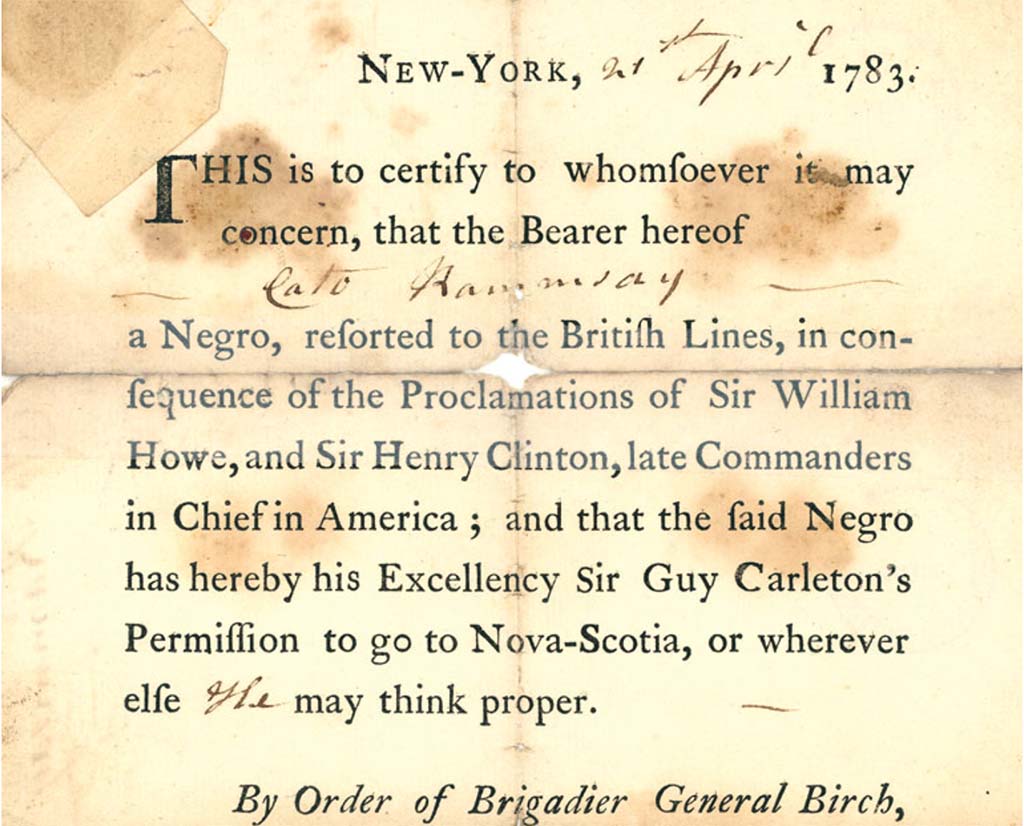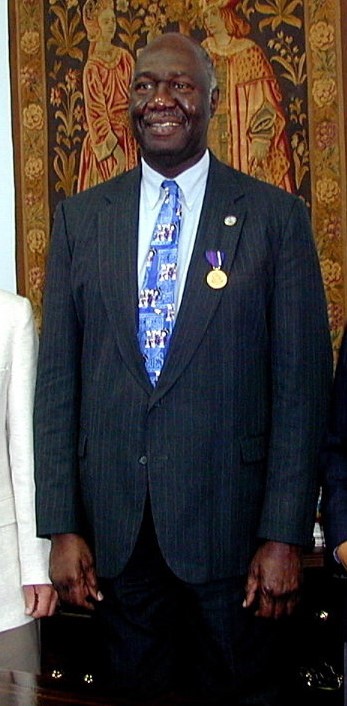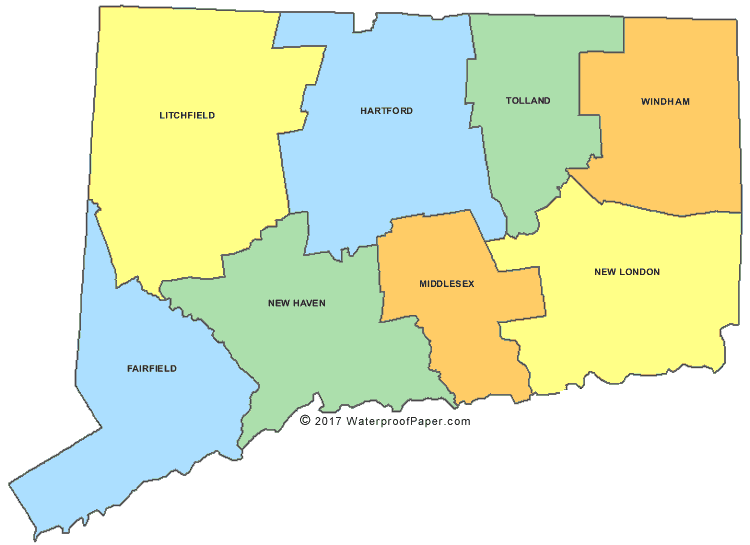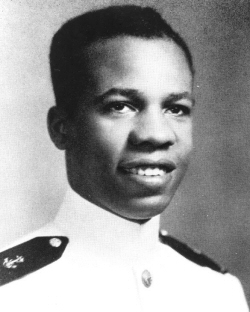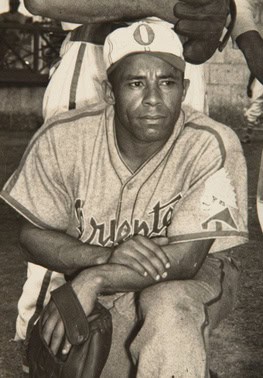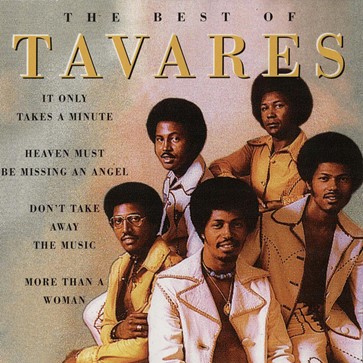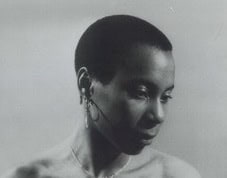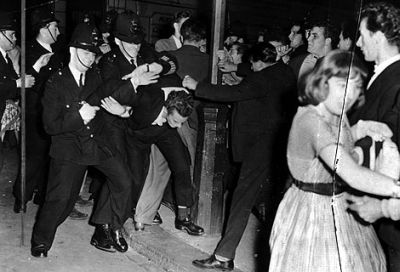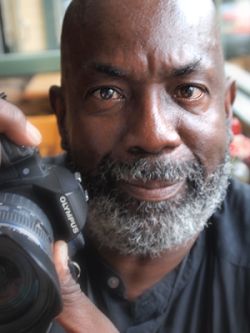Henry Washington, slave, loyalist, and colonizer, was born in Africa, perhaps in the Senegambia (present day Senegal and Gambia). Transported as a slave to America, he was bought by George Washington in 1763 to work on a project for draining the Great Dismal Swamp in Virginia. By 1766, he was living at Mount Vernon, Washington’s Virginia plantation and caring for Washington’s horses. Briefly a runaway in 1771, he fled again in 1776 to join royal Virginia governor Lord Dunmore’s Ethiopian Regiment of freed slaves. Moving to New York in late 1776, Washington served as corporal in a corps of Black Pioneers attached to a British artillery unit. The unit was briefly stationed at Charleston, South Carolina in 1780 but returned to New York by 1782. He was among the several thousand “loyal blacks” evacuated from the city in July 1783 to British Nova Scotia where he married a woman named Sarah and acquired a town lot and forty acres of land in Birchtown.
In 1791, with his wife and three children, Washington elected to join the expedition financed by the British government that would allow black loyalist refugees unhappy with their treatment in Nova Scotia to join the free black community established in Sierra Leone in West Africa. There, he settled outside Freetown and became a successful farmer. In 1799, however, he joined in a protest movement against the autocratic rule of the white-run Sierra Leone Company and was banished to the colony’s desolate northern shore. His last years, after 1801, are unknown. In ironic parallel to that other Washington, his onetime master in Virginia, Henry Washington lived through years of strife to become a founding father of a new society in his native land.

